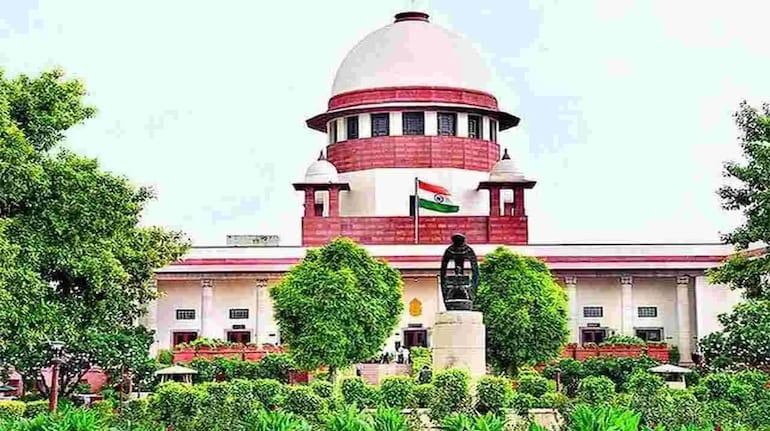
The Supreme Court of India on Wednesday addressed the growing trend of rape allegations stemming from false promises of marriage, stating that not every breakup or failed relationship should lead to criminal prosecution under rape laws.
A Bench comprising Justices MM Sundresh and Rajesh Bindal was hearing a case involving a man seeking to quash rape charges filed by a woman he was previously engaged to marry. The woman alleged that she was coerced into a physical relationship under the belief that marriage was assured.
Court Warns Against Broad Criminalization of Failed Relationships
Justice Sundresh remarked:
“If we agree with this, then every romantic relationship or college affair that ends badly could turn into a rape case. The concept of morality and virtues has evolved, especially among the younger generation.”
The bench emphasized the need for a balanced and impartial perspective, stating that moral judgments and conservative mindsets should not determine legal outcomes.
Justice Bindal added:
“You did accept the relationship with the option that it could be broken off someday.”
Victim’s Counsel: Case Not a Simple Breakup, But Arranged Engagement
Advocate Madhavi Divan, representing the woman, argued that the situation involved an arranged engagement, not a casual romantic relationship. She stressed that consent was not freely given, and was influenced by the fear of societal backlash if the engagement failed.
“The fear of being rejected and the social taboo surrounding a broken engagement affected her decision. The man’s casual view of sex doesn't negate the woman’s experience,” she told the court.
Court Stresses Need for Gender-Neutral Approach and Strong Evidence
While acknowledging the victim’s concerns, Justice Sundresh urged a gender-neutral approach and questioned the strength of evidence for a criminal conviction.
“We can’t view this from only one lens. As a parent, I empathize. But we must ask—can conviction be secured with such weak material?”
He also questioned the assumption that the woman was naive:
“Engaging such a senior lawyer… we can’t say she is so gullible.”
Next Steps in the Legal Process
The Supreme Court has decided to examine the appeal in detail, taking into account both sides' arguments and the larger implications for how rape laws are applied in cases involving consensual relationships and broken engagements.
“The concept of consent is evolving. We must ensure fairness and parity in the legal system,” the Bench concluded.
Let me know if you'd like this saved in a downloadable format or adjusted for a specific publication. Use /rewrite to edit further or /finish to receive the .txt file.
Read More: They Fired a Gunshot, We Are Bleeding CJI’s Emotional Outburst Over NCERT Textbook

 Share
Share



